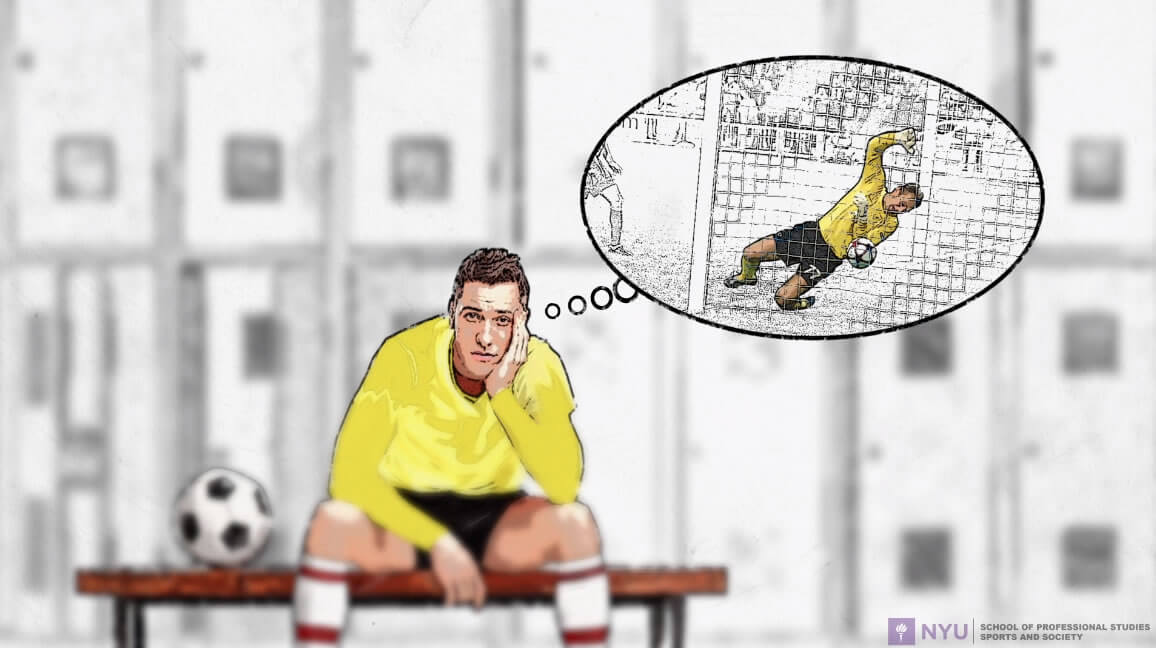Creating a Success Mindset for Athletes

With a success mindset, you will harness pressure, bounce back from failure, and prepare yourself to use all your physical and mental skills when you need them.
So, let’s go.
Mentally, develop a routine that you do before each competition. If you prefer to be alone, spend some time listening to an inspiring playlist. If you prefer to be with others, chat with friends or sit with parents or coaches.
Do what works for you and do it consistently.
Sports are the ultimate reality show and pressure builds very quickly.
The first is a great breathing technique called the sports breath. Use this to visualize and practice your skills ahead of time and also to regain your balance when you are losing focus during your sport. Here it is.
Sit comfortably, breathe in deeply through your nose into your chest on a count of 5, hold for 5, and then breathe out slowly through your mouth for 5. Holding your breath makes this work.
Use the sports breath before you begin play so that you are focused and sure. Then use it to help you snap back to attention when you find your mind wandering or getting too overwrought.
Use visualization to accelerate your progress and to help you be a more resilient player.
At night before bedtime, take a few minutes and sit in a chair if possible. Turn off electronics. Take two or three slow sports breaths and then imagine yourself playing your sport. Pick a specific scenario for your sport. See it, feel it, and hear it. Watch yourself moving and if your plays are not perfect, redo them in your mind until they are. Pick some skills where you made errors in the past and practice them in your mind until they are perfect. This is how you love your mistakes. Visualizing your movements cements them into your mind and your muscles. Do this every day.
Some professional athletes imagine that they have the heart of an animal that is quick and fierce. Find what works for you and feel free to change it up.
And last of all; never let down. Keep your head up when you are winning or losing. Remind yourself that it is not over until it is over!
I hope that you will practice each of these mental and physical techniques. As you master the success mindset, you will be actively engaging your mind with your body; you will enjoy your sport more, improve your skills, and have a much better chance at winning.
And these skills work for the rest of your life too!